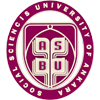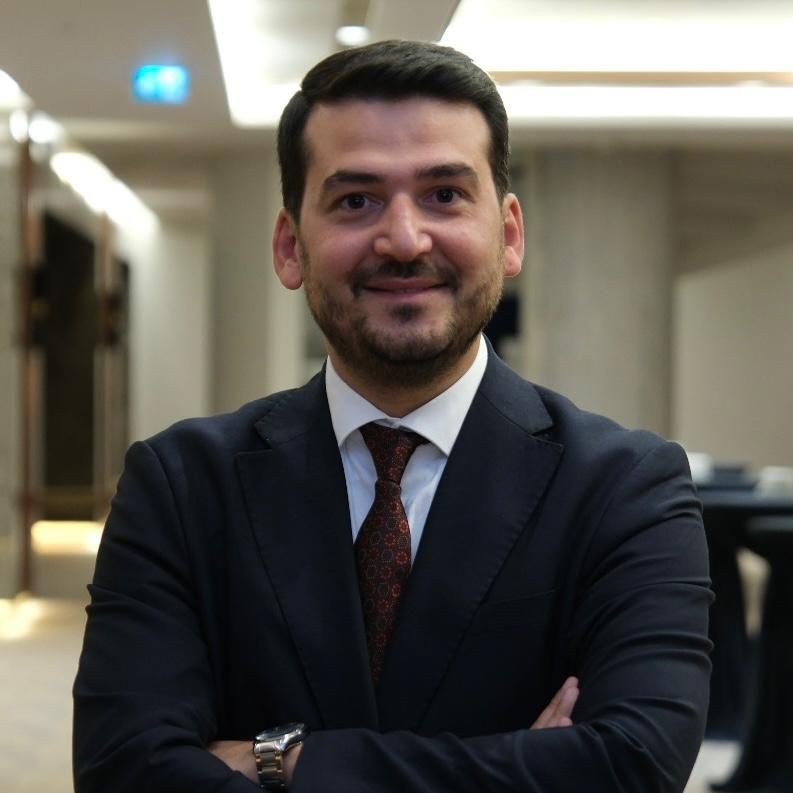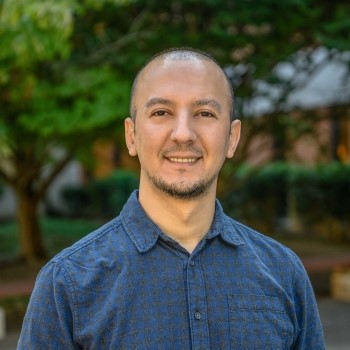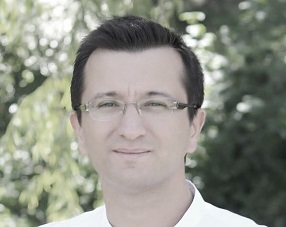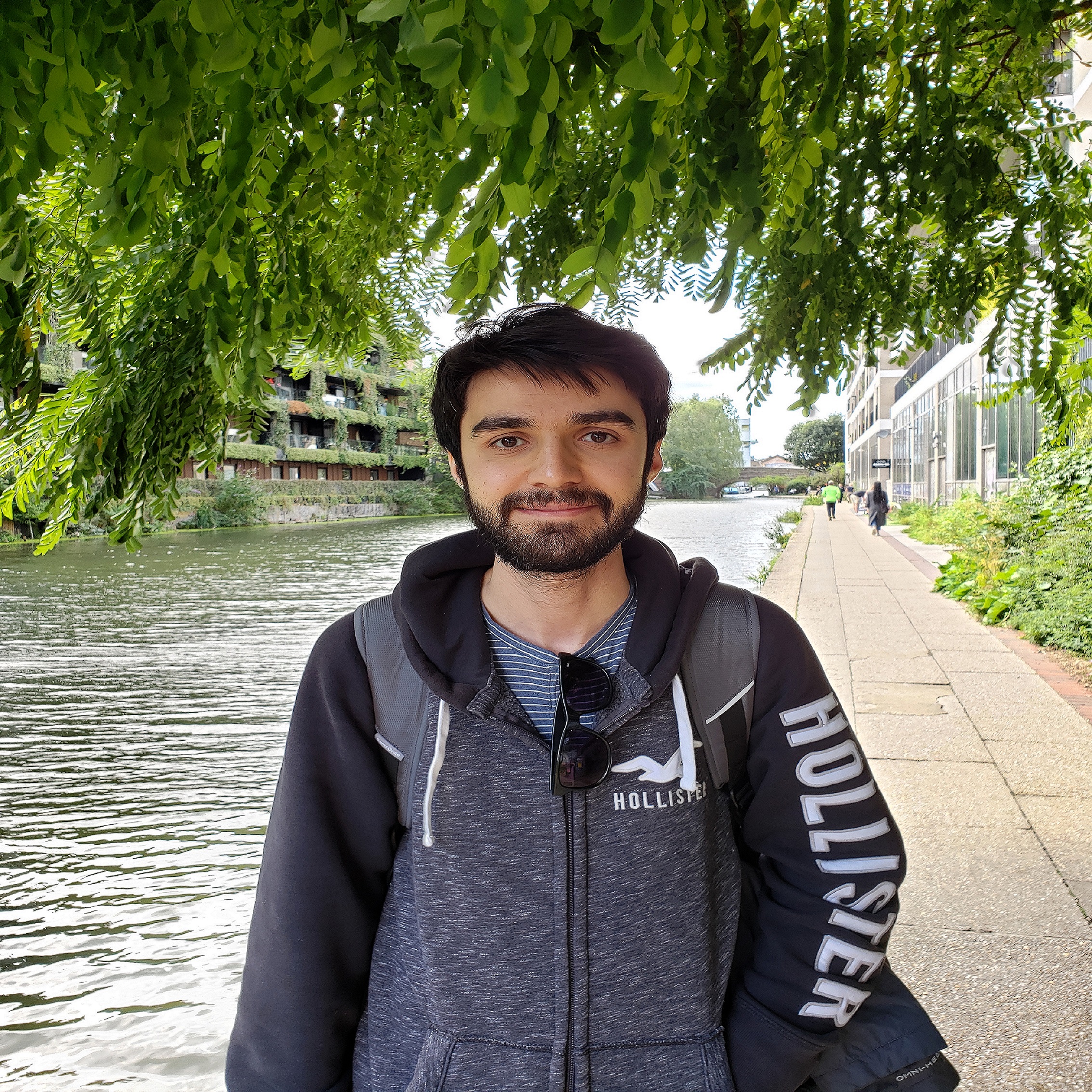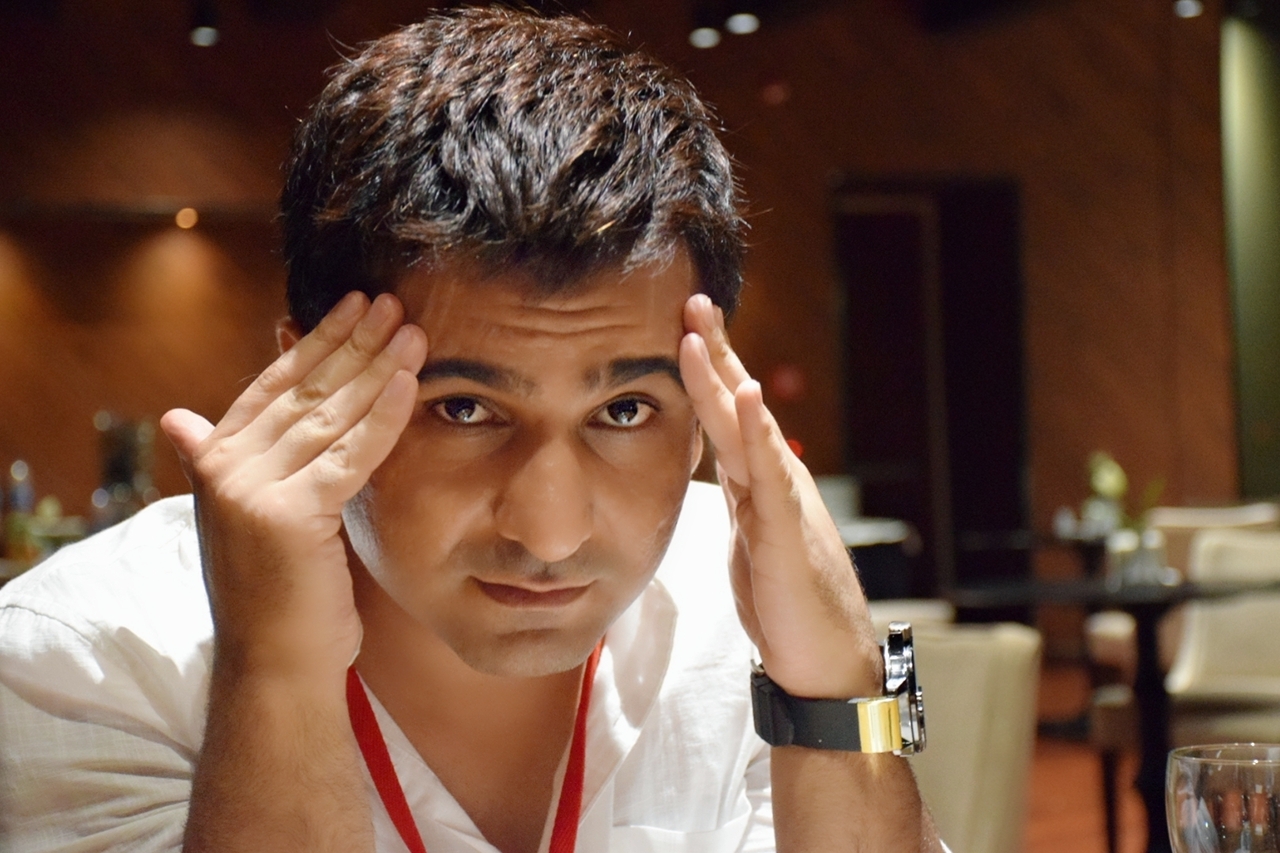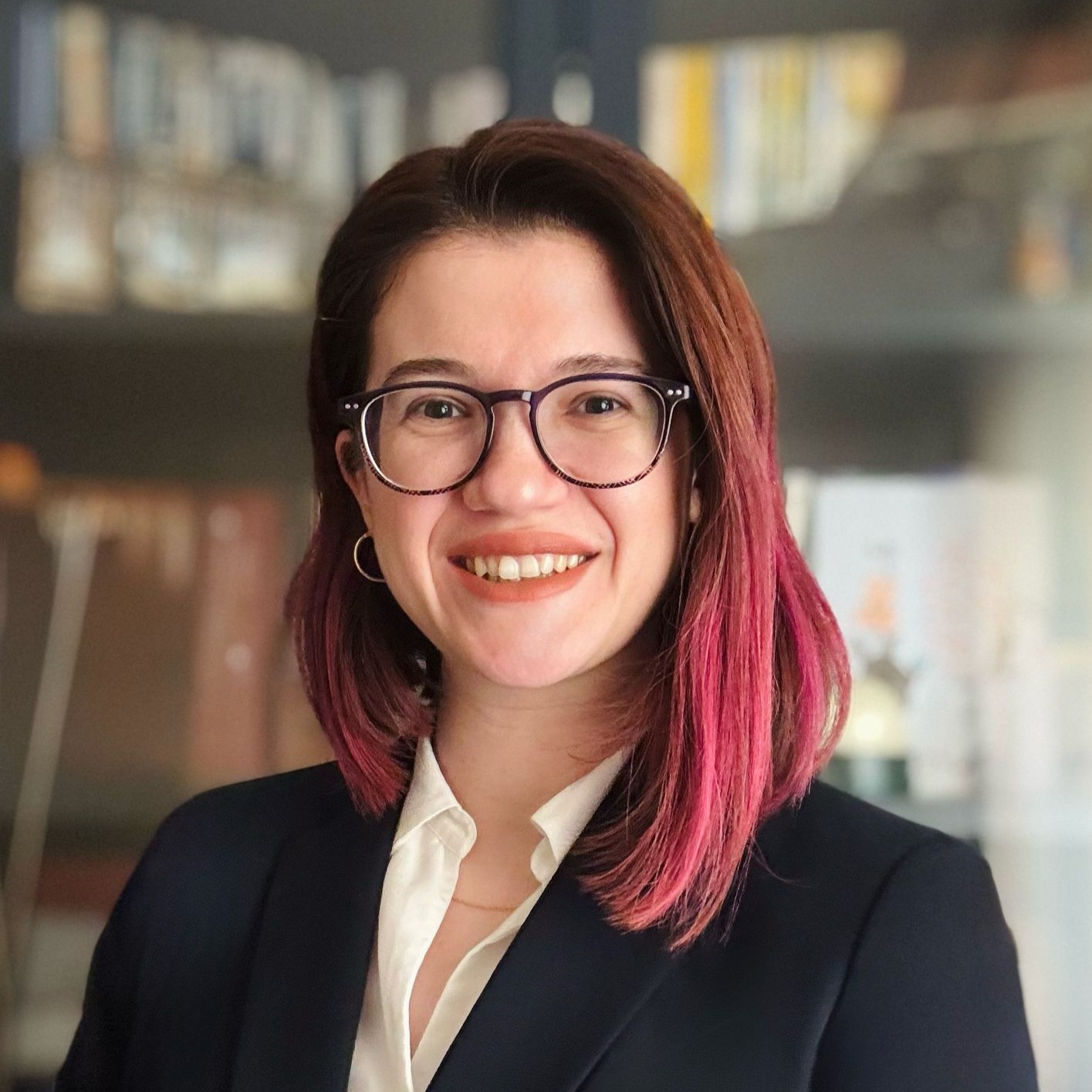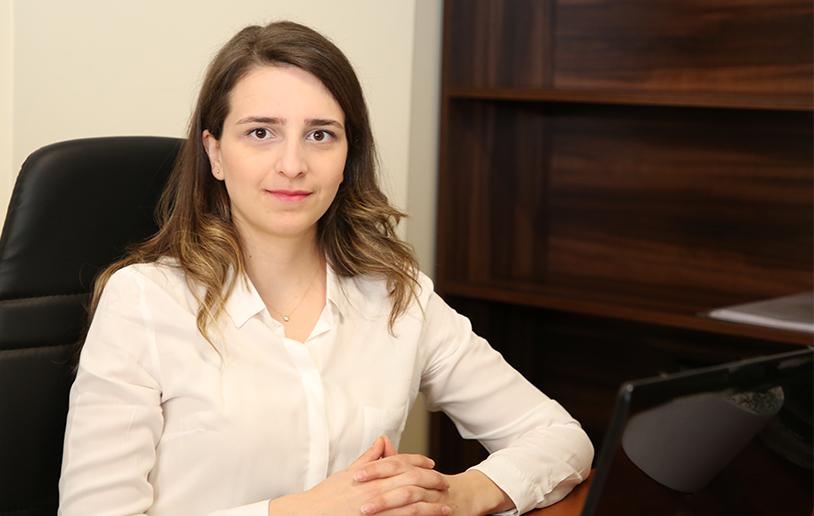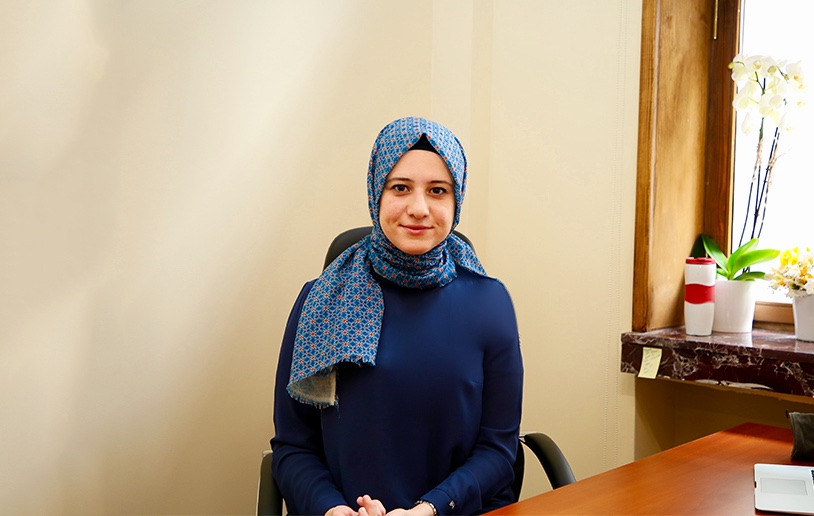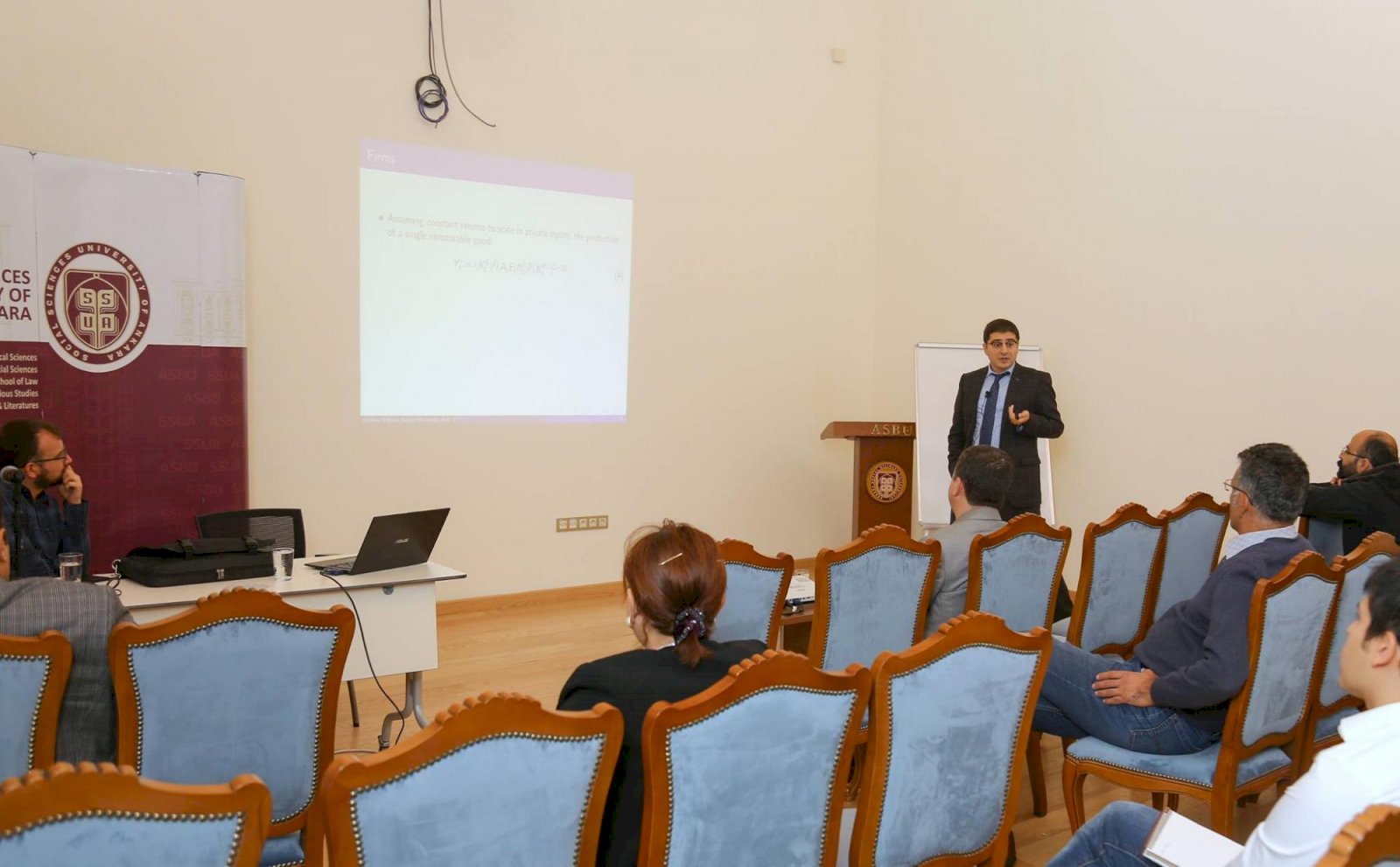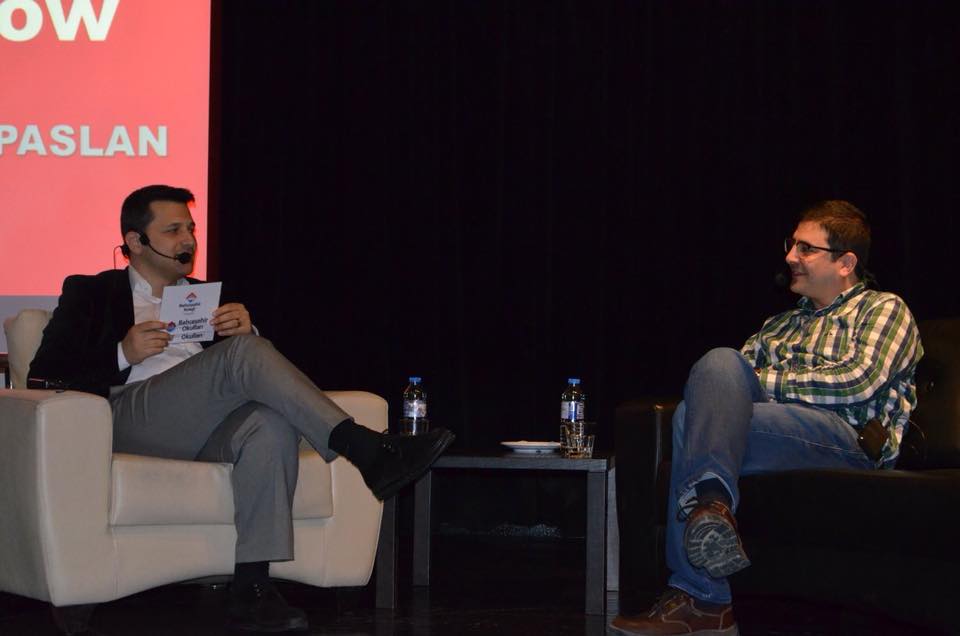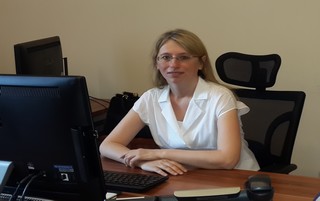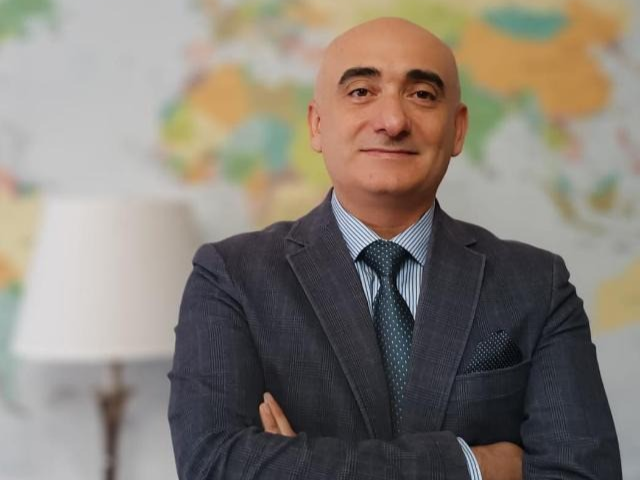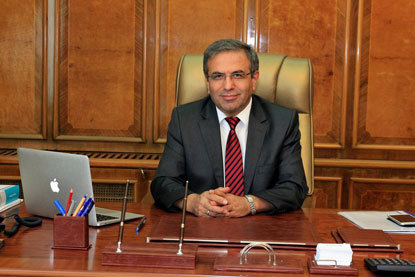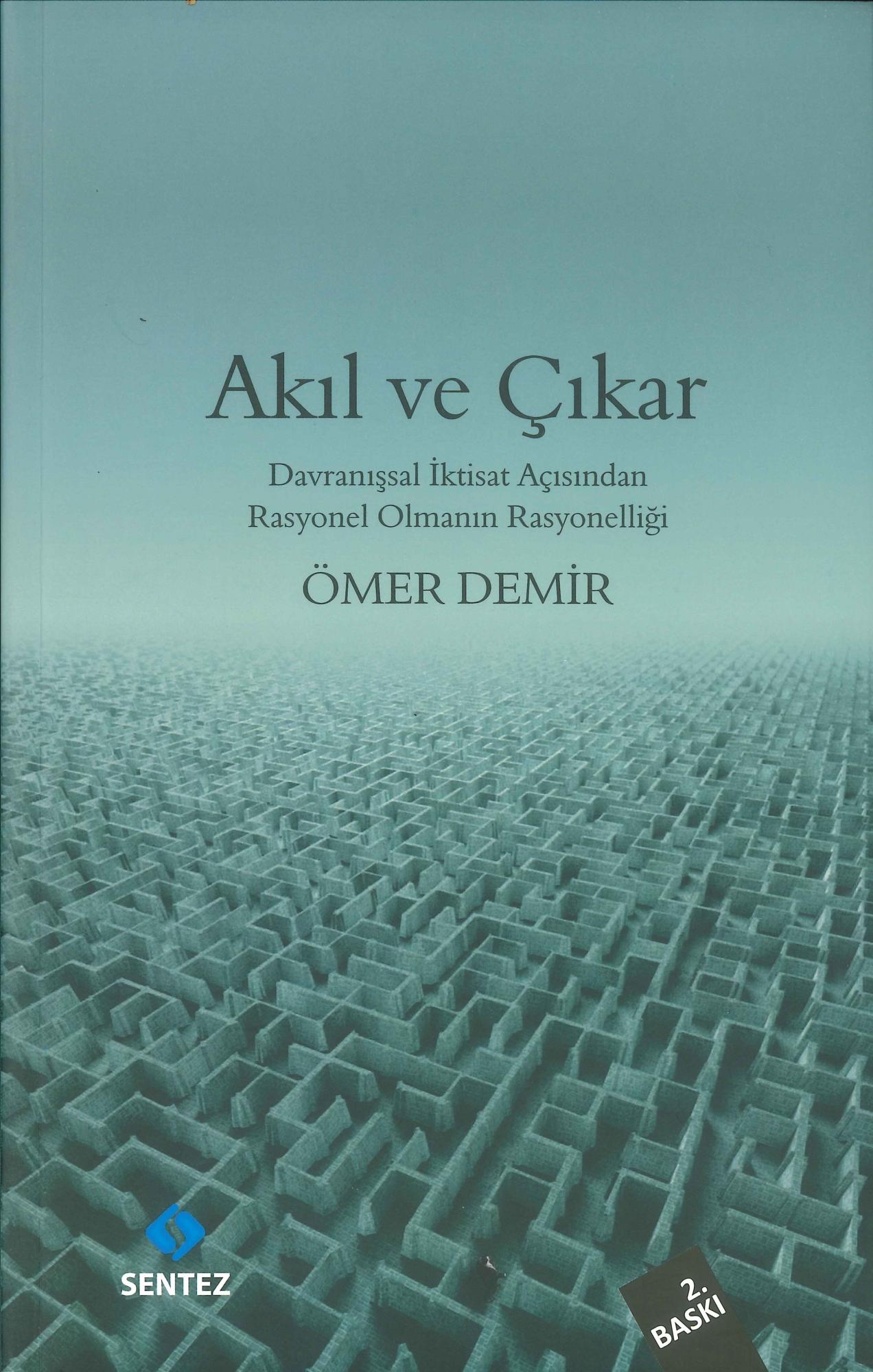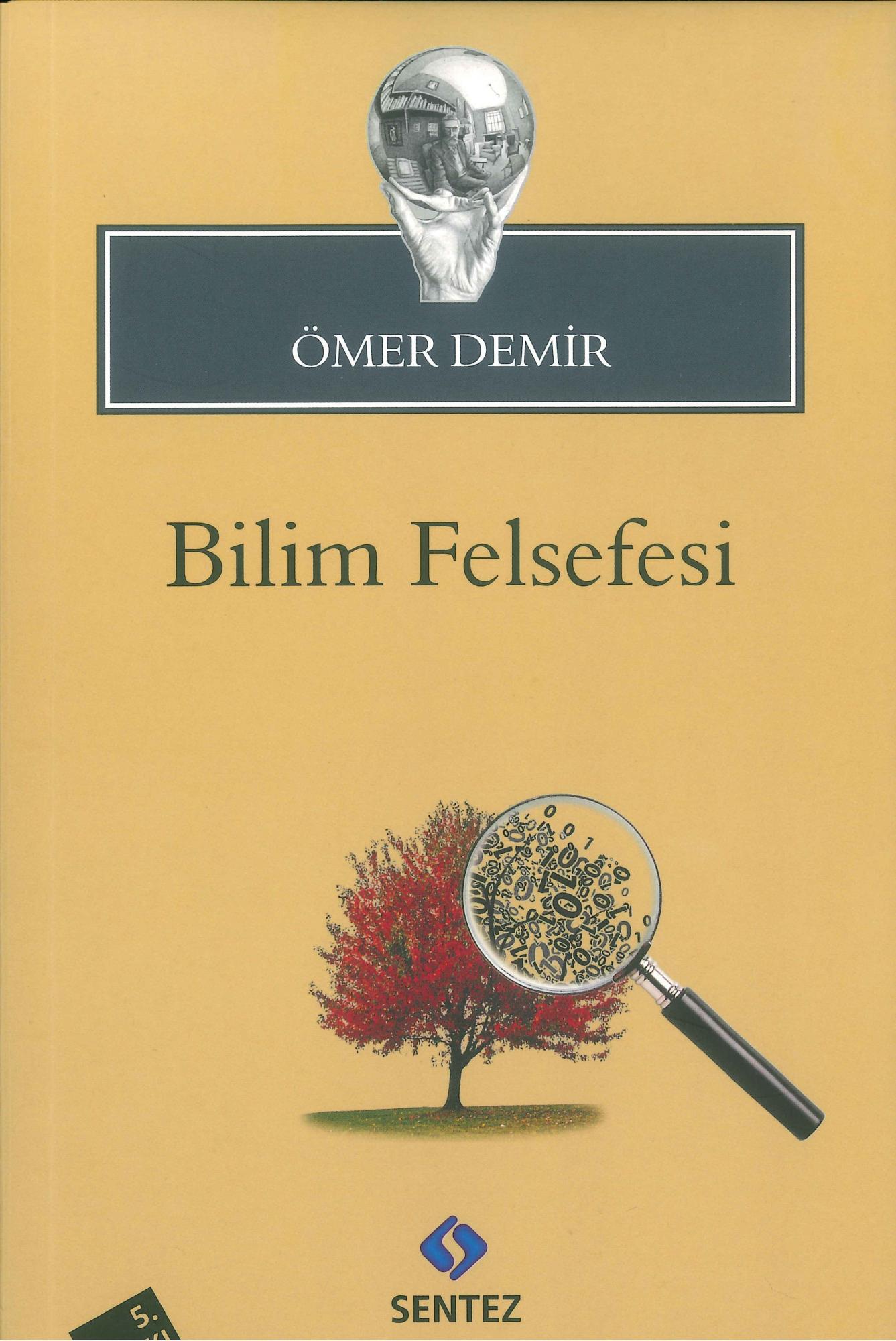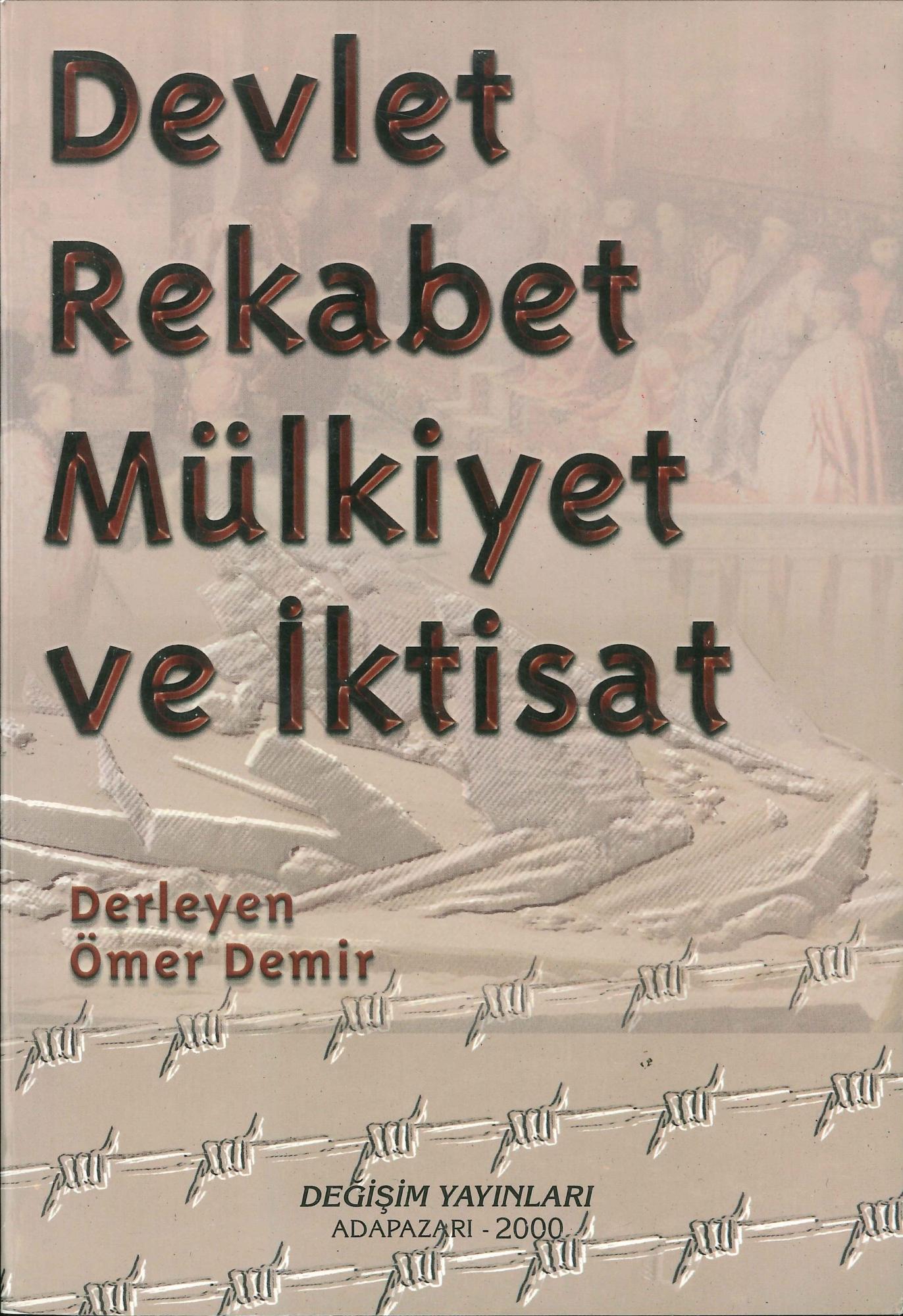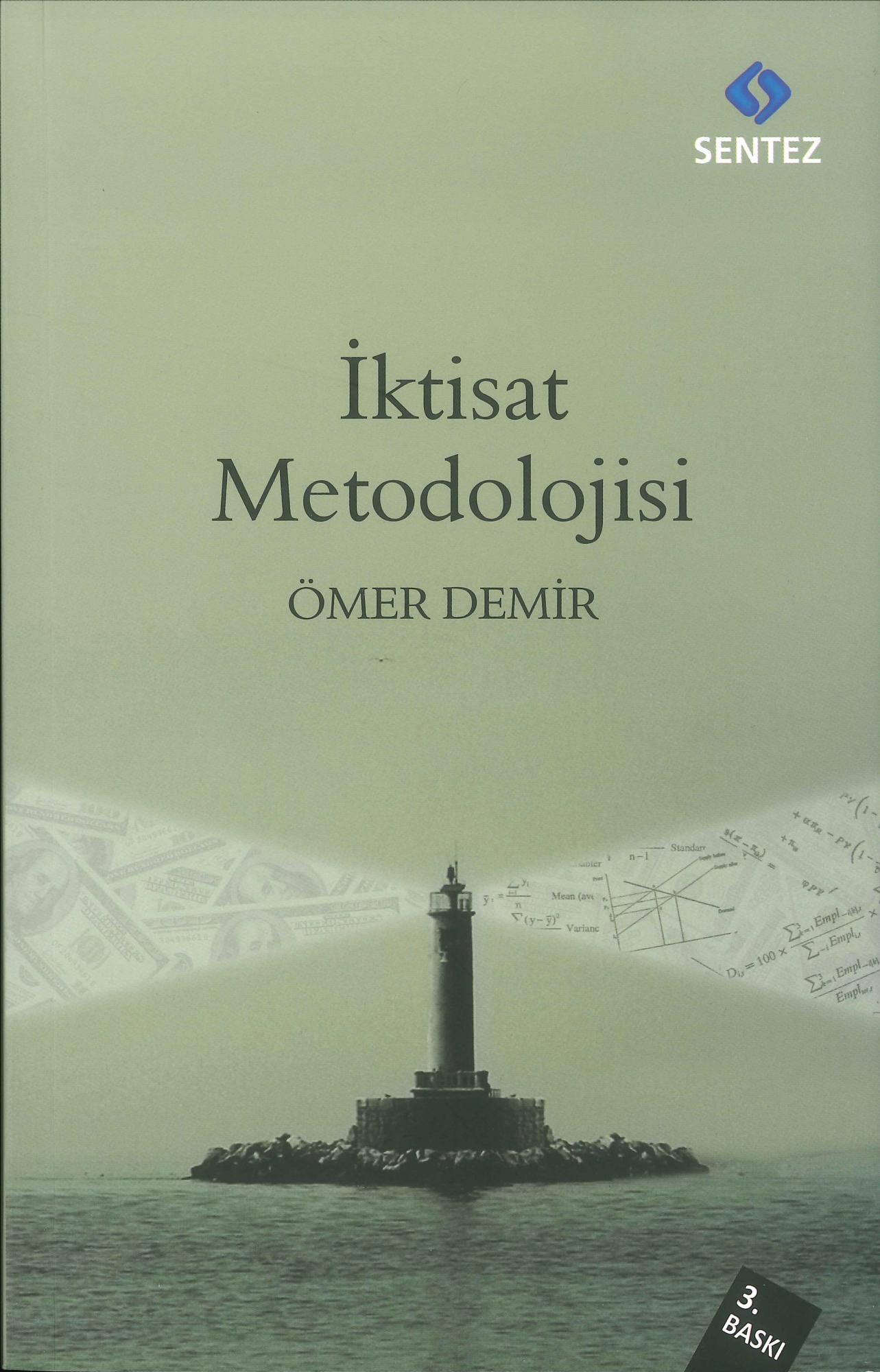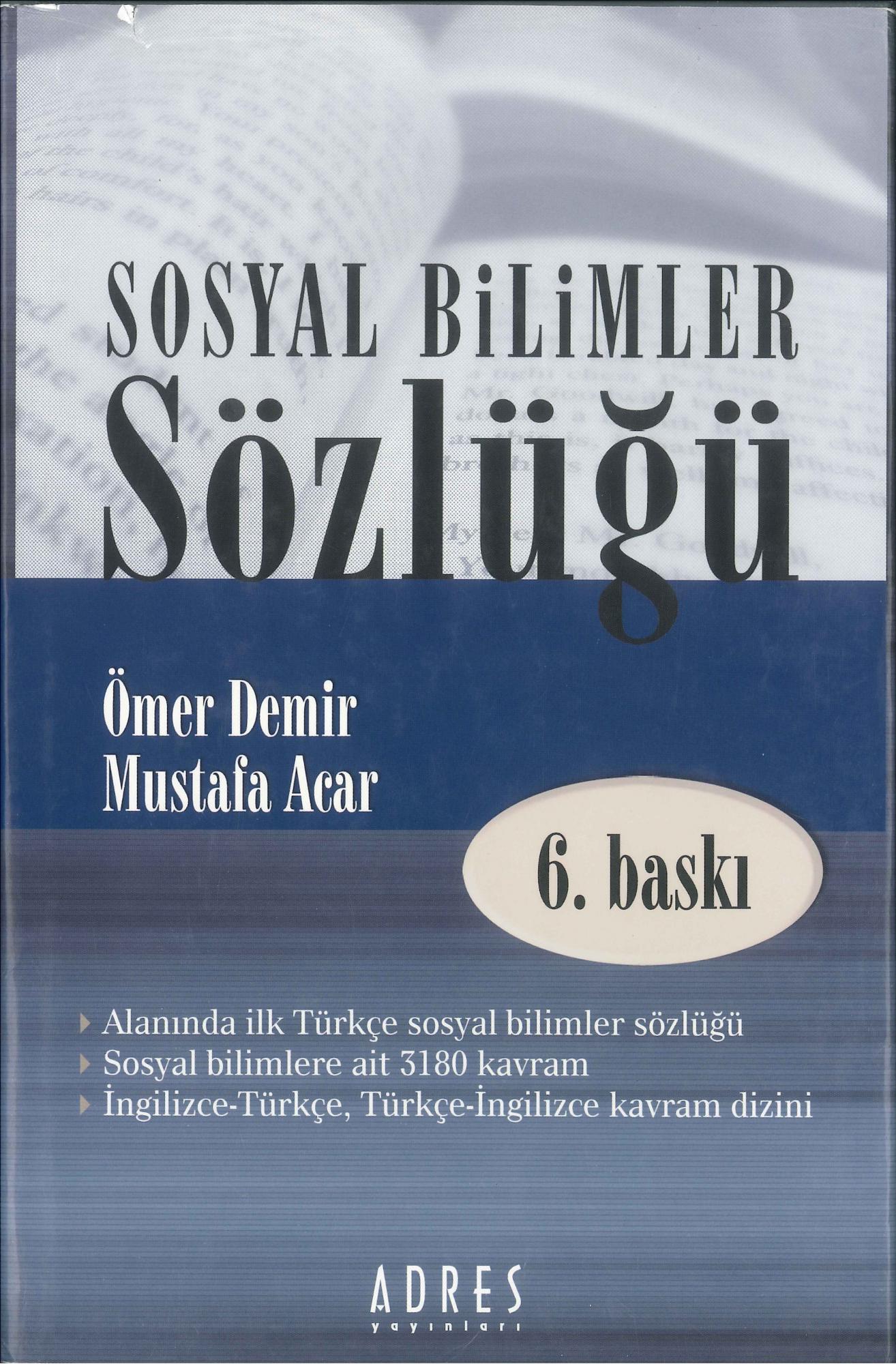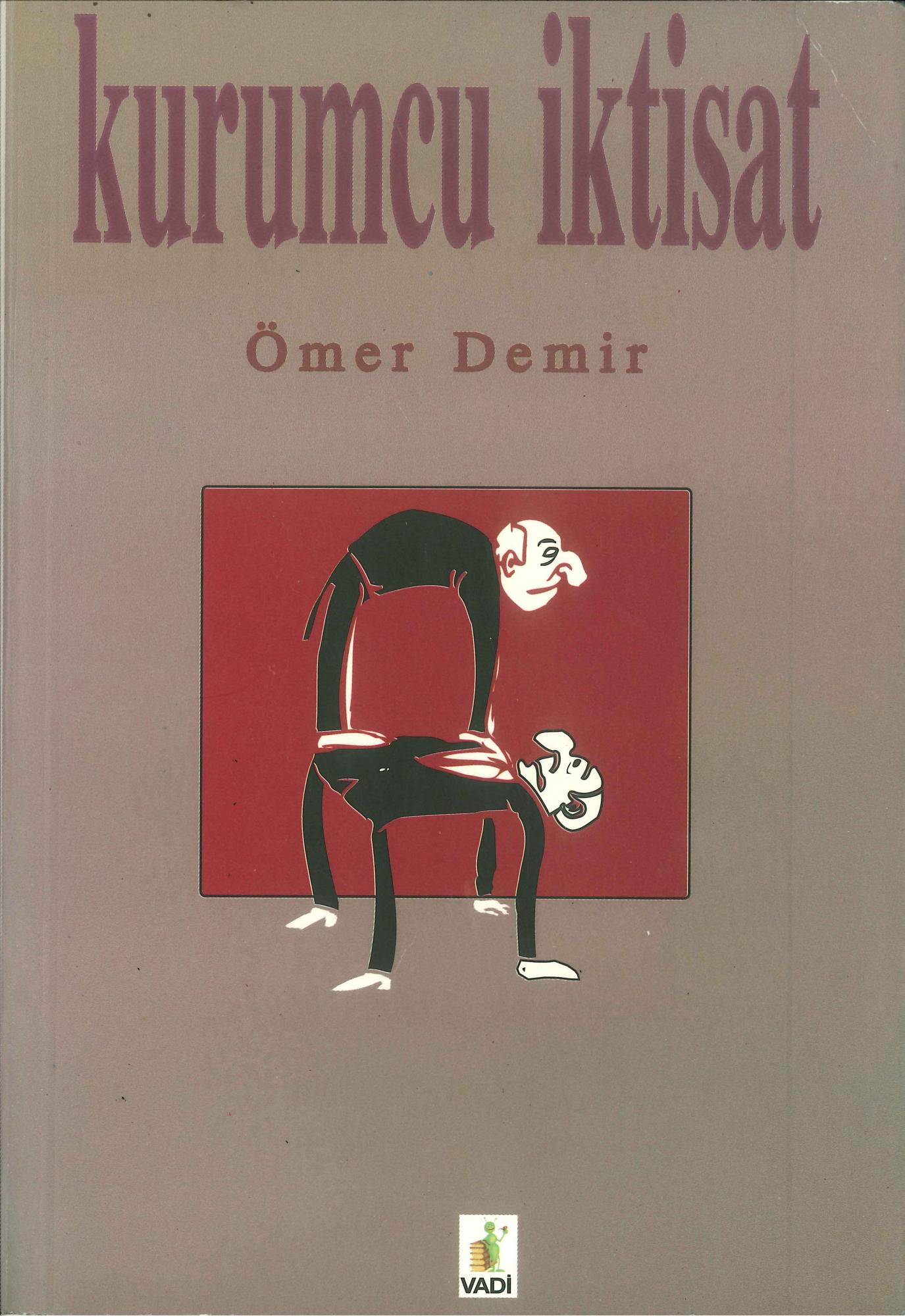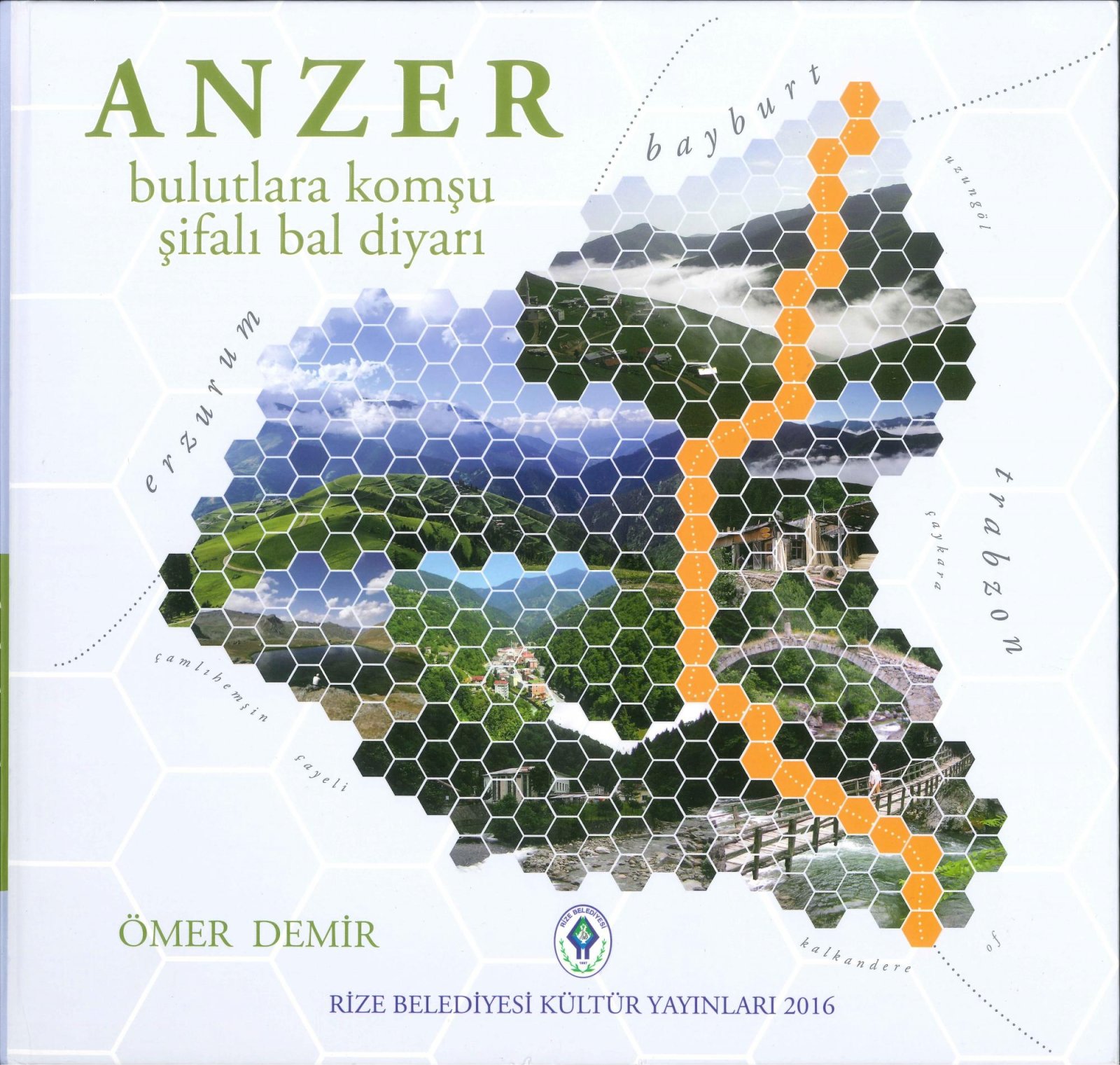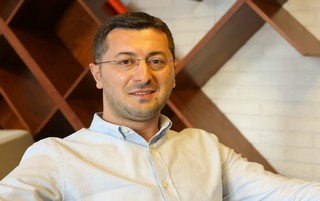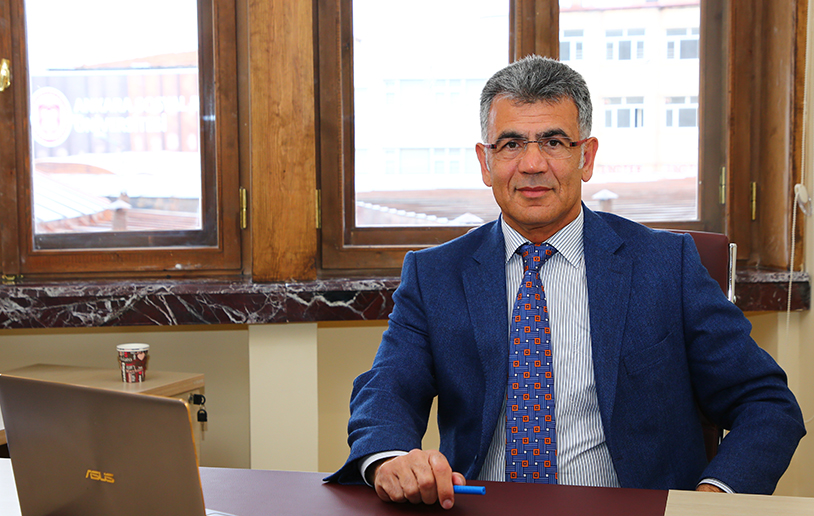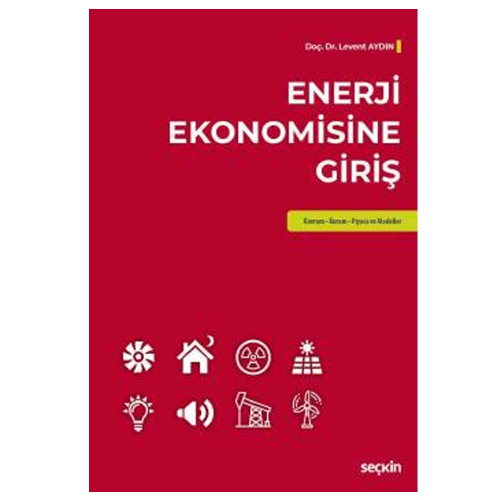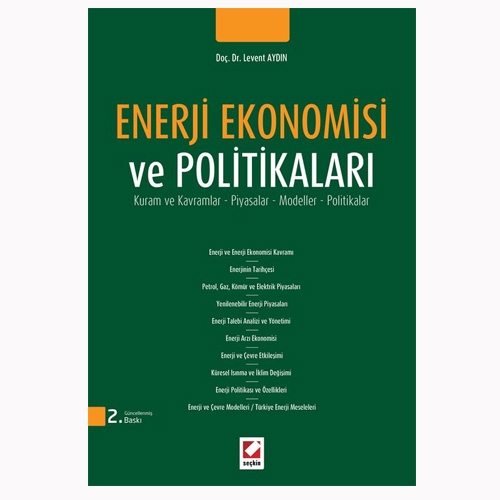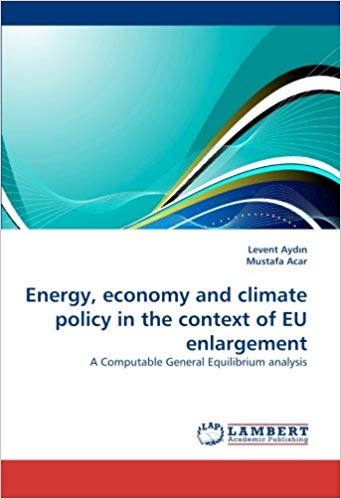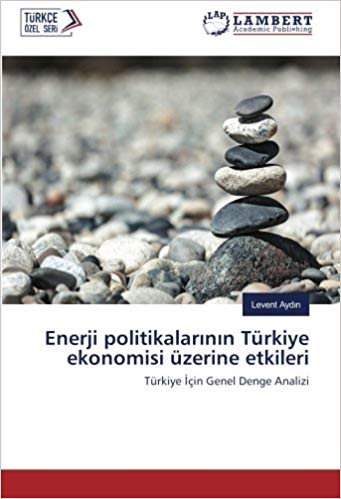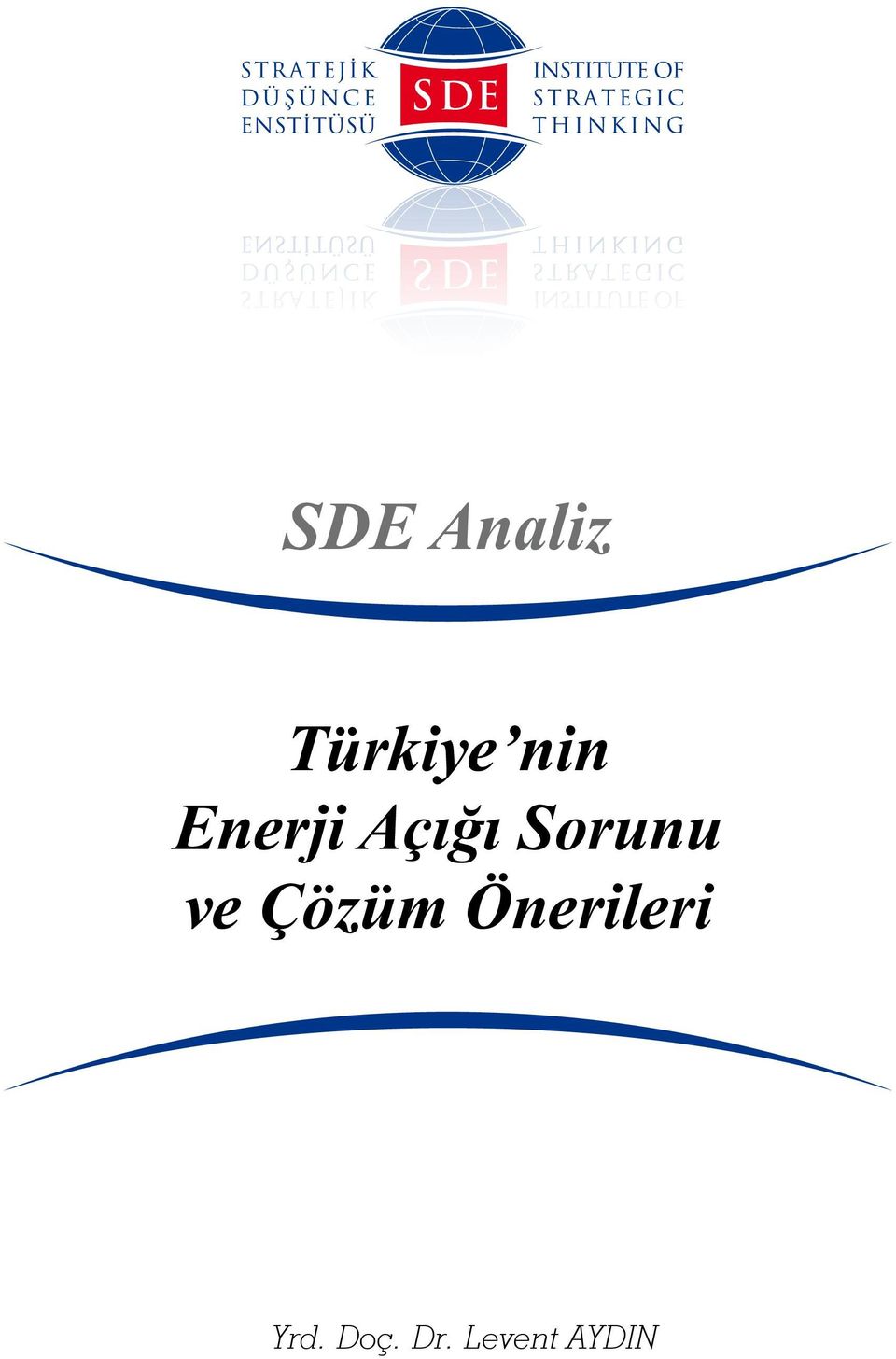Halis Kıral is an assistant professor at the Social Sciences University of Ankara in Turkey. He is also Head of Audit and Risk Management Department and Director of Center for Audit and Risk Management (ASBÜDRM) at the ASBU. He was a visiting scholar in Duke Center for International Development (DCID) for the 2017-2018 academic year. He has also worked in the Ministry of Finance of Turkey as a state budget expert, public finance expert, head of the department of Central Harmonization for Internal Audit, and head of the Budget Policy Department. As the Head of Central Harmonization Unit for Internal Audit, he led several projects including developing Public Internal Audit Software (İçDen©) for public internal auditors and publishing Public Internal Audit Manual, Information Technology Audit Manual, Quality Assurance and Improvement Manual and Performance Audit Manual for Public Internal Auditors. He wrote a number of articles, books and book chapters on topics such as public finance, public financial management and control, specifically internal audit and risk management, and applied economics. Currently, he is also working on impact analysis, monitoring and evaluation.
